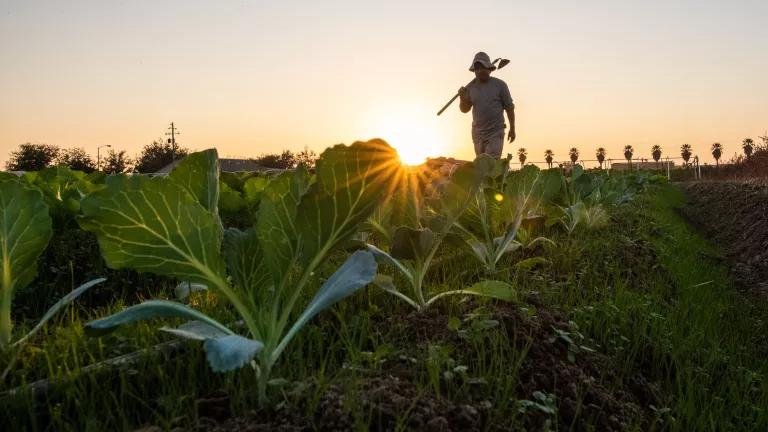
Organic farming is a system of agricultural production that does not use synthetic pesticides, fertilizers or genetically modified organisms (GMOs). It promotes healthy food and is a way to reduce pollution.
It can also help to improve crop yields and soil quality. However, there are some limitations to organic agriculture.
How does organic farming promote food justice and equity?
Organic farming promotes food justice and equity through fair treatment of all those involved in the production, processing and distribution of foods. This means that organic farmers, processors and distributors must uphold high standards for the fair treatment of workers and the environment.
Organic farmers are not permitted to use synthetic fertilizers or pesticides and genetically modified organisms (GMOs). These harsh chemicals can severely contaminate the soil and water sources that they infiltrate, causing damage to plant life, animals and humans.
In contrast, organic farmers use natural based fertilizers and compost to enrich the soil, battle pests in a non-toxic manner and promote biological diversity while protecting the environment. The chemical free and environmentally friendly method also involves fewer input costs for cultivation.
The growing popularity of organic farming is attributed to its ability to produce healthier and more nutritious foods, as well as to protect the soil and reduce pollution. It also promotes food security, as it is a means of generating food locally for people who have limited access to the global market.
However, organic farming does require a significant shift in philosophy and practice. It can be difficult for small-scale farmers to switch from traditional methods. They may find it challenging to obtain the necessary certification and sustain their organic operations. The cost of becoming certified can be prohibitive, and many small-scale farmers do not have the financial resources to do so.
How can I support organic agriculture as a means to promote access to healthy and sustainable food for all?
Organic farming focuses on producing food and other agricultural products that are grown using natural methods. This includes avoiding the use of synthetic herbicides, pesticides and fertilizers, as well as genetically modified organisms (GMOs).
Organic farmers also try to minimise damage to the environment by planting multiple crops (monocropping) instead of one crop per field, limiting chemical usage, and using weed control techniques that are more natural such as crop rotation and hand weeding. These practices help build up the soil, increase nutrient and energy cycling, encourage biodiversity, and limit nutrient losses from runoff and soil erosion.
Many organic farms are able to store up to twice as much water as conventional farming, which means that they are more resilient against droughts and floods caused by climate change. They also use agroforestry to grow more than one crop in the same space, allowing farmers to diversify their production and ensuring food supply even in the event of failure of a single crop.
In addition, organic agriculture helps protect farm workers and the communities that live nearby from a variety of acute and chronic health problems caused by exposure to pesticides and other chemicals. It also helps limit the amount of fertilizer that is poured on nonorganic foods, which reduces the risk of soil and water contamination.
What can I do?
Organic farming practices promote soil fertility and reduce the use of pesticides, which improves the ecosystem. Farmers also tend to plant trees, 'beetle banks' and wildflower margins and dig ponds around their fields for water conservation and wildlife habitat.
In addition, organic agriculture practices reduce water pollution and greenhouse gas emissions, as they require less fuel-intensive tillage and rely on natural processes to replenish nutrients. This helps combat climate change and protects biodiversity.
Food justice organizations also focus on the structural roots of our food system and work to address racial, social and economic inequities. By addressing these issues, they strive to ensure that all people have access to healthy and sustainable food.
One of the main issues that food justice organizations are working on is ensuring that farmworkers have access to safe and fair wages. This is important for workers to be able to support their families and improve their health.
The best way to support organic agriculture is to buy local, eat locally and make a conscious decision to spend money on locally sourced foods instead of mass-produced, processed and transported products. Purchasing local food helps support small businesses and the economy in your community and gives you the opportunity to eat healthy and delicious food.
Frequently Asked Questions
Are organic foods better for us?
According to the Environmental Working Group, organic vegetables and fruits had half the amount of pesticides as non-organic. They found that organic apples contained eight times fewer pesticides than non-organic apples, while organic strawberries were four times cleaner than their conventional counterparts.
Other studies suggest that eating organic food reduces exposure to toxic metals like lead and mercury. A study concluded that children who ate organic meat had 33% lower levels of blood lead than those who didn’t. Another study concluded conventional fish consumption should be stopped by pregnant women because it contains high levels of mercury.
Organic food seems to be safer than the non-organic. However, to reduce your risk of cancer and other diseases, experts recommend choosing fresh fruit and vegetables whenever possible.
What are some organic skin products?
Organic skincare products are free from synthetic chemicals, such as parabens and phthalates, petroleum jelly, mineral oil, petroleum jelly, propylene glycol, sodium laurylsulphate. Talc, triclosan. titanium dioxide. triethanolamine. Vitamin A palmitate.
Organic skincare products are free from artificial colours, fragrances and preservatives.
They are also formulated to help maintain healthy skin, prevent premature aging, promote healing after injury, and support overall well-being.
These are some of the terms that you will see when you shop for organic products
- Paraben Free- These are chemicals that help to keep certain cosmetics stable. But, they can also be toxic if taken in large quantities.
- Fragrance-Free - the product does not have added fragrance or essential oils.
- Cruelty-Free: No animals were hurt during manufacturing.
- Natural Ingredients - The ingredient is derived naturally from the animal or plant.
- Vegan/Vegetarian - the ingredients are either vegan or vegetarian.
- Gluten-Free is a label that indicates that no gluten was added to the product.
- Non-Toxic – The product is free of toxins, carcinogens and other dangerous compounds that can harm your health.
- Biodegradable product - when thrown out, the product will disintegrate into harmless components.
- Pesticide Free - No pesticides were used during the growing or harvesting processes.
- GMO-Free refers to the fact that no ingredients in the product contain genetically modified organisms.
- Certified Organic means all ingredients were grown in ways that preserve the soil, water and air.
What is an organic food processor?
Organic food producers make products that are organically grown. These foods include fruits, veggies, grains, and dairy goods.
Organic food production occurs on farms that have their crops grown naturally. This includes soil preparation, pest controls, and crop rotation.
To be organic, an agricultural product must meet the strict criteria of USDA (United States Department of Agriculture).
These guidelines make it possible for consumers to have safe, healthy, and delicious food.
Organic foods offer many health benefits. They are free from heavy metal contamination and pesticide residues. They also have higher nutritional content and better taste.
USDA Certified Organic products must be labeled with the seal "USDA certified organic".
This certification means that the product meets standards established by the National Organic Program.
Organic food is not only healthier for us, but also protects our environment.
Organic farming techniques conserve water and land. In addition, organic methods reduce greenhouse gas emissions, which cause climate change.
Organic agriculture uses fewer chemical inputs and pollutes less.
Because of this, harmful gases such as ammonia and even nitrates will not build up in the air.
There are many types of organic farming, including conventional, regenerative, agroecological, and permaculture.
Conventional farming refers to the use of synthetic inputs such as pesticides and fertilizers.
Regenerative farming uses compost, cover crops, green manures, and other methods to improve the soil's health. It encourages biodiversity.
Agroecology emphasizes sustainable relationships between people and plants.
Permaculture promotes self-sufficiency through the design of systems that mimic nature.
How can you tell whether food is organic?
Ask any chef and he will tell you that fresh ingredients are the most important thing. Because we feel better when we eat well.
This holds true for our food. Organics are traceable back to the source and provenance of their products. We also know that it wasn't treated with harmful chemicals.
Organic foods are made without the use of synthetic pesticides and fertilizers, hormones, steroids, antibiotics, or genetically altered organisms (GMO). These substances are not allowed for organic farmers.
There is no art in growing organic crops. There are plenty of ways to grow them safely.
Sustainable agriculture is sometimes called organic farming. This is because organic farming uses less resources than conventional methods but provides enough nutrients for life to last.
Organic farming methods include crop rotations, composting manure and cover cropping. These practices help to prevent soil erosion and improve water purity.
They also reduce chemical contamination of waterways. Local farms can be found in cities that raise organic produce.
Two types of certification programs are available for organic products. One is certified by the USDA National Organic Program, and the other is certified by independent certifying agencies. Both require strict adherence to organic standards.
USDA seals, or O Seals, may be attached to certified organic products. These symbols indicate that the product meets federal requirements.
Statistics
- Brands participating in this challenge are committed to using 100 percent sustainable cotton by 2025.[5] (en.wikipedia.org)
- To provide the highest quality products and services to every customer, with a dedicated workforce that puts the customer first and takes the extra step to achieve 100% customer satisfaction and loyalty. (hollinsorganic.com)
- When packaged products indicate they are “made with organic [specific ingredient or food group],” they contain at least 70% organically produced ingredients. (usda.gov)
- Cosmetic brands such as Laurel and Rose Mira are 100 percent organic and have a wide array of skincare products. (en.wikipedia.org)
External Links
sciencedirect.com
- The health effects of organic foods and their impact on the human body: A review of the status quo and future prospects of research – ScienceDirect
- Technical Note: Simultaneous carotenoid- and vitamin analysis of milk coming from total mixed ration-fed cattle optimized for xanthophyll discovery - ScienceDirect
ewg.org
usda.gov
doi.org
- The link between occupational pesticide exposure and cancer risk: A review: Journal of Toxicology and Environmental Health. Part B. Vol 15, No 4.
- Genetically modified foods: Safety, Risks and Public Concerns - A Review - Journal of Food Science and Technology
How To
Are there any negatives to buying organic goods?
Organic food has many benefits. There are some downsides to organic food. These include higher consumer costs, lower quality standards and fewer options.
It is okay to want more variety when shopping for groceries. We're conditioned to expect low-quality foods that taste bad. That's why you'll find most grocery stores stocked with identical prepackaged products.
Organic food is becoming more popular today because it provides better nutrition and great tasting food. So how do you convince people it's worth paying a little extra?
They could easily tell you that organic food costs more. Organic food tastes better, but that doesn't make it any less expensive. It may even make them question your motives.
Instead, highlight its strengths. Organic food has more nutrients, and is free of pesticides and other antibiotics. Plus, it's grown without synthetic fertilizers and herbicides, which means it's healthier for us and our environment.
Organic food is often avoided by people who think it's too expensive. If they take into account the health benefits, however, they might decide that spending a few extra dollars per week is worthwhile.
Organic food tastes better as it's manufactured under strict guidelines that avoid contamination. Organic food tends to have more vitamins, minerals, antioxidants, and other nutrients.
Organic food is also better for you because it's picked later. This makes organic food fresher and easier for you to digest.
Organic food is typically cheaper, because organic farming requires less labour and fertilizer.
Resources:
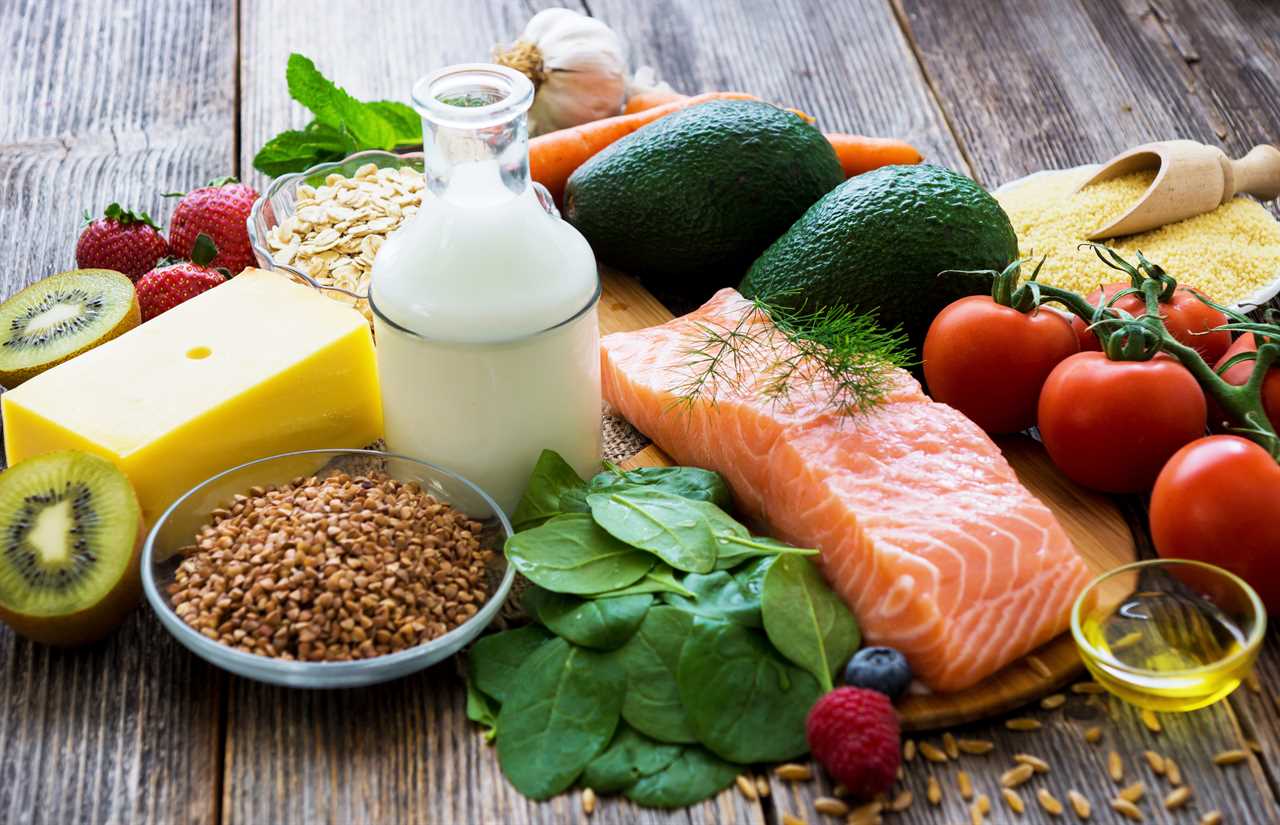 |
GALLONS OF PINE SOL + 10 CANS OF COMETGenuinely embracing global flavours, BelovedSaffron.com invites food lovers and passionate chefs to explore a world of spices and herbs, organic food, |
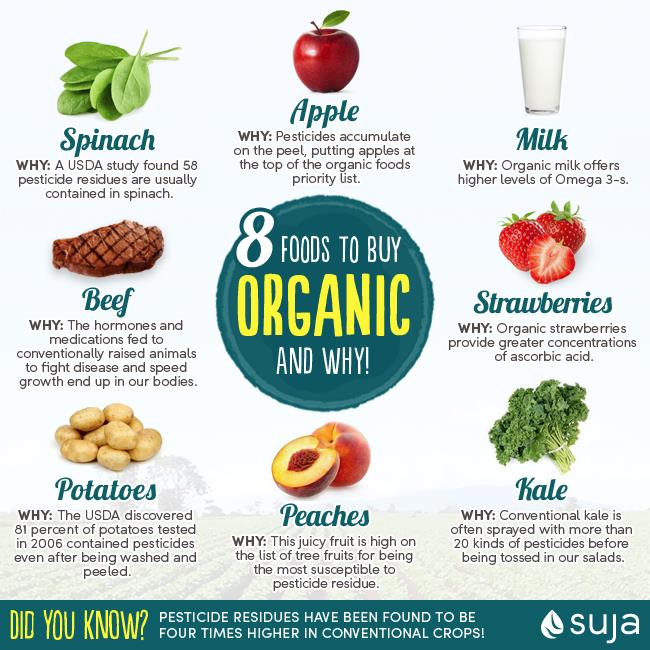 |
The 15 Best States for Homesteading in 2023We understand that food has the power to connect us all, transcending cultures and distances. At Belovedsaffron.com, we are passionate about spices,.. |
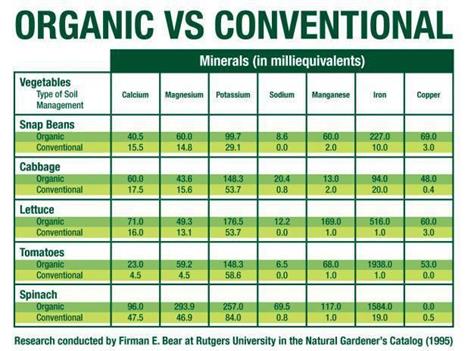 |
The Ugandan Agricultural Revolution led by Dr. Emma NaluyimaWelcome to Belovedsaffron.com, where we embrace everything related to spices, herbs, nutritious food, and organic eating! We are not professional.. |
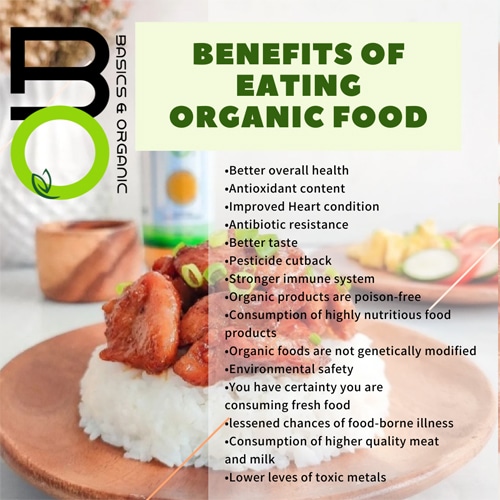 |
Innovating our way into the future. A Summit for Entrepreneurs and Intrapreneurs.Discover the wonders of global cuisine at Belovedsaffron.com! Our mission is to bring you spices, herbs and organic food from all over the world,.. |
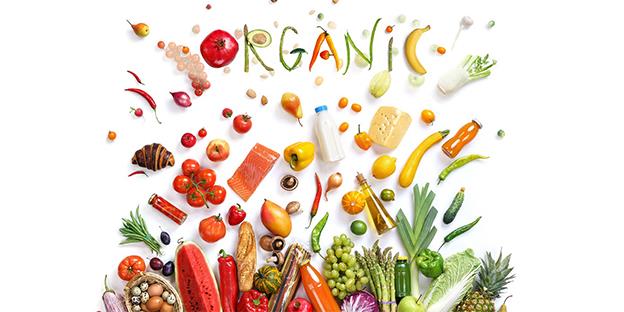 |
You’re Killing Your Asparagus if You Do This, 5 MISTAKES You Can’t Afford to Make Growing AsparagusWelcome to Belovedsaffron.com, where we are passionate about spices, herbs, recipes and organic eating! Here you will find a wide range of spices,.. |
 |
What I eat in a Day RESTAURANT VLOG!At Belovedsaffron.com, we are passionate about spices, herbs, recipes and organic eating. We are on a mission to bring you awareness about flavours.. |
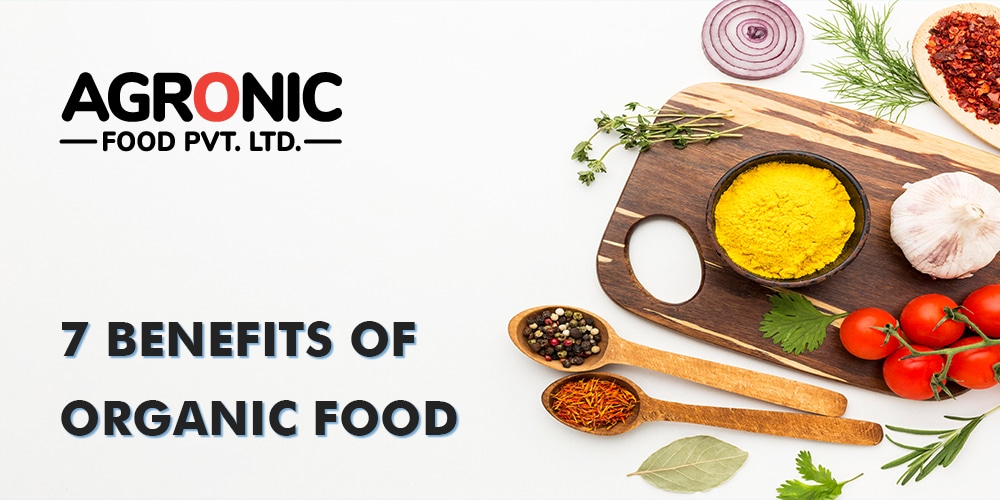 |
Nepali Organic Himalayan Village Food (Rice and Lentils ) | shepherd food | Shepherd Life |Rainy DayAt Belovedsaffron.com, we're passionate about flavours, cultures and cooking wisdom from around the world. We seek to bring you closer to sustainable |
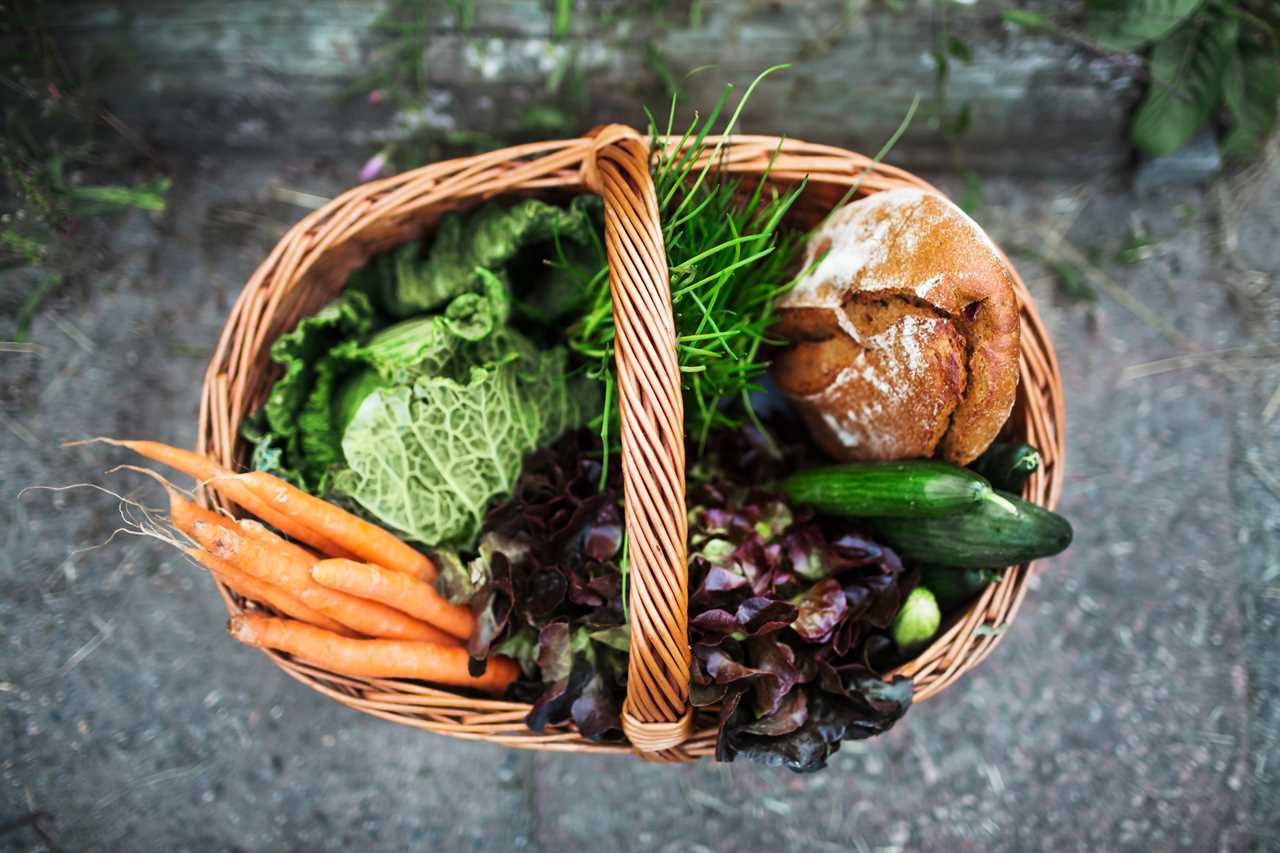 |
Planting trees and vegans, two very different farmers on food and farming with @GarethWynJonesAt Belovedsaffron.com, we are passionate about spices, herbs, good food and organic eating. Our mission is to bring awareness about the different.. |
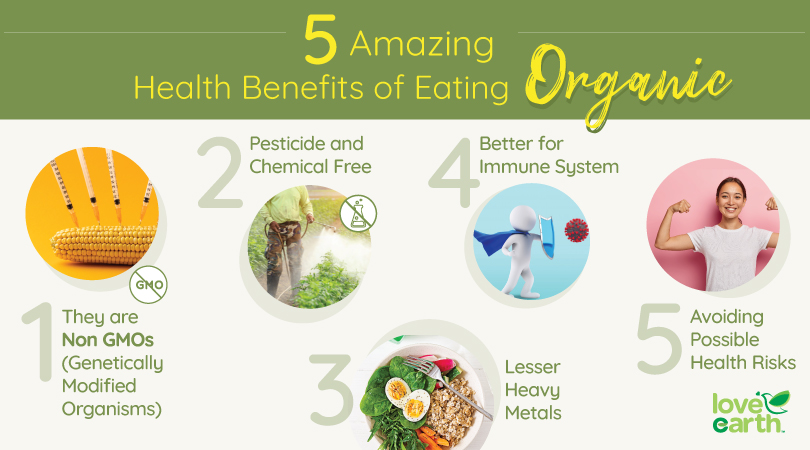 |
1 Food That Causes Insulin Resistance!Processed meats are high in sodium and nitrates, which can make it difficult for your body to process carbohydrates effectively. This can lead to health |
 |
Innovating our way into the future. A Summit for Entrepreneurs and Intrapreneurs.A powerful theme that speaks to the core of the nation. Solid speakers, not one of them will drop the ball. Shaping minds, promoting talents, pushing |
 |
All toxins will come out of your body! My grandfather''s old recipe!All toxins will come out of your body! My grandfather's old recipe! Ingredients: 2 Lemons 15 gr Ginger 1 piece garlic Honey as needed Subscribe my |
 |
The 3 Biggest FASTING MISTAKES & How to Do It CORRECTLY for Insane Benefits! | Dr. Mindy PelzDr. Mindy Pelz is a renowned holistic health expert and one of the leading voices in educating women about their bodies. She is on a mission to start a women’s |
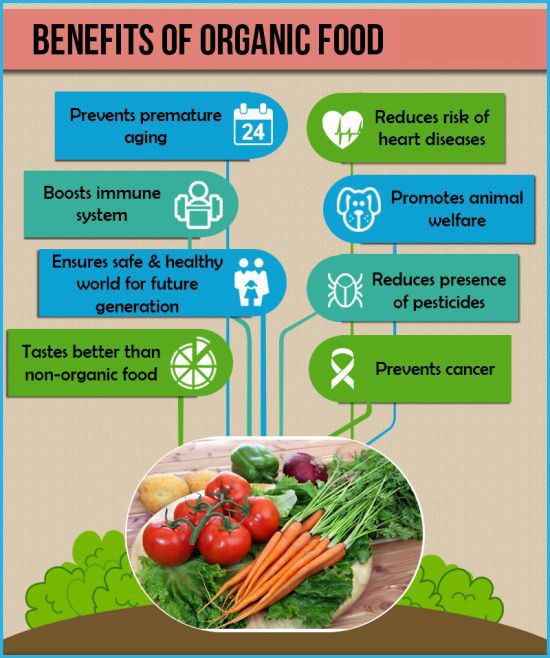 |
9 Hidden Benefits of Eating Pineapples DailyAre you curious about the health benefits of adding pineapples to your daily diet? In this informative video, we reveal the top nine hidden benefits of eating |
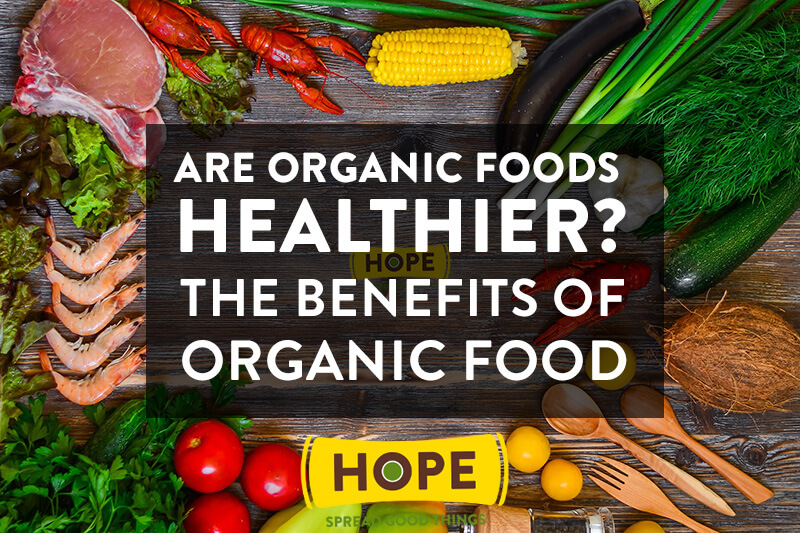 |
CO2 INJECTION FOR PLANTED TANKS - FULL TUTORIALWelcome to Belovedsaffron.com, where we embrace everything related to spices, herbs, nutritious food, and organic eating! We are not professional.. |
 |
First Look! Stock Market Earnings and the Stocks to Watch NOWFull Q1 Earnings Review and the Best Stocks to Buy Right NOW! Members’ only livestream and Q&A. If you aren’t able to be here live, ask any questions in the |
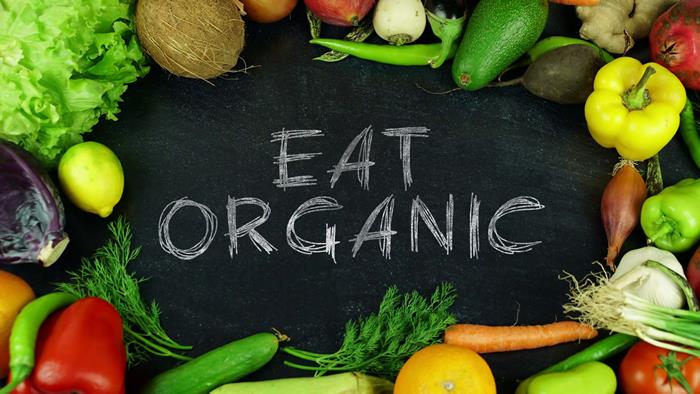 |
Organic eatingOrganic Cultur |
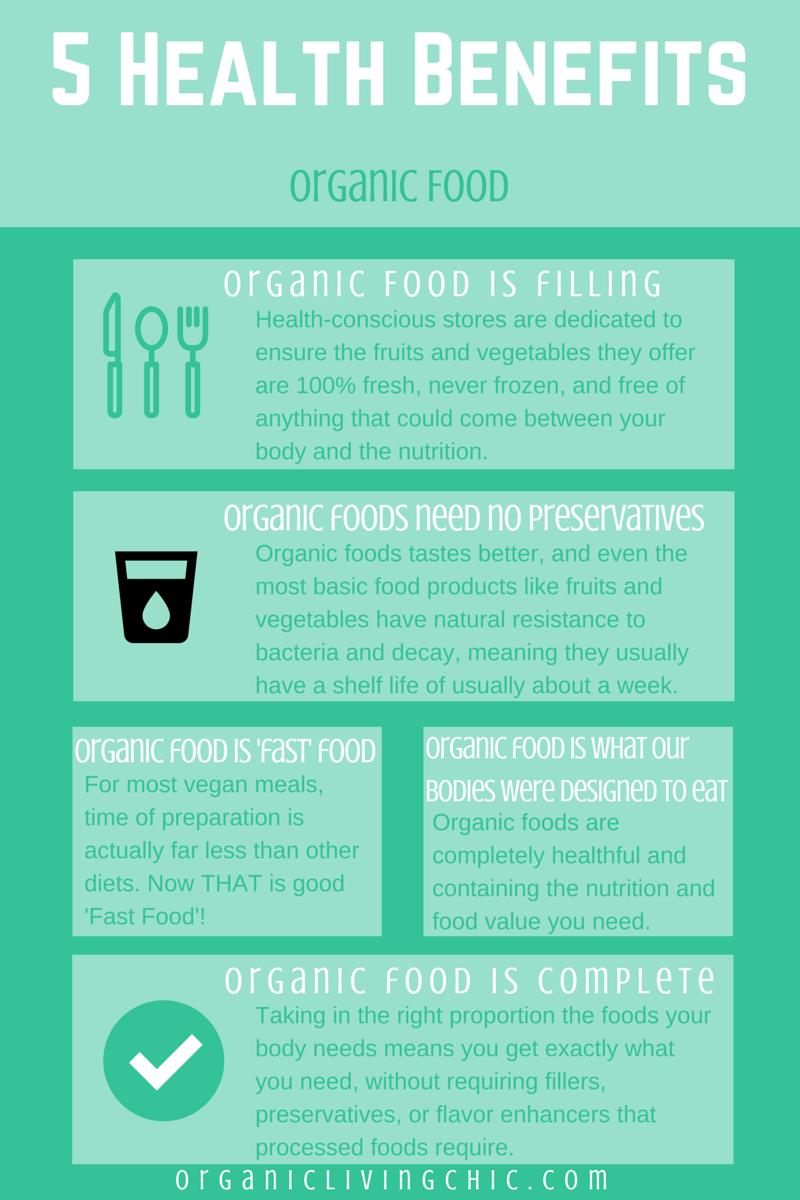 |
The 1 Fruit All Diabetics Should Be Eating, Study SaysEver heard of a fruit that actually lowers blood sugar instead of raising it? Well, here's one on offer for you. Nature's gift to help you peg your blood sugar |
 |
**THE LAST PART** What My Life Was Like Before My Diagnosis - Part 3 – Liver Disease & CirrhosisAt Belovedsaffron.com, we're passionate about flavours, cultures and cooking wisdom from around the world. We seek to bring you closer to sustainable |
 |
Aliens under the Ice – Life on Rogue PlanetsDiscover the wonders of global cuisine at Belovedsaffron.com! Our mission is to bring you spices, herbs and organic food from all over the world,.. |
 |
Magnesium: Why You Should Take ItIn this episode of "Talking with Docs," Dr. Zalzal and Dr. Weening delve into the importance of magnesium in our bodies and the benefits of taking magnesium |
 |
The 5 Keys to Soil Transformation with Matt PowersAt Belovedsaffron.com, we are dedicated to exploring the amazing world of spices and herbs, encouraging sustainable eating practices and sharing.. |
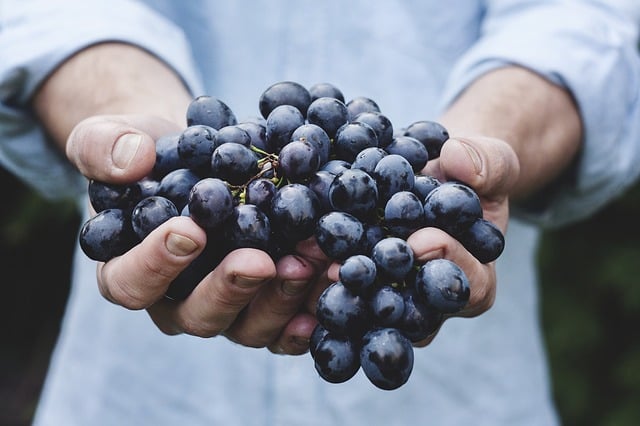 |
Using Fertilizer in the Vegetable GardenUsing fertilizer in the veggie garden- why, how, what & when? This video addresses some common questions about fertilizer, some basics about fertilizing |
 |
Full Day Of Eating | Starch Solution | Apple Cake & Cauliflower CurryAt Belovedsaffron.com, we are passionate about spices, herbs, recipes and organic eating. It is our mission to bring awareness of flavors from around |
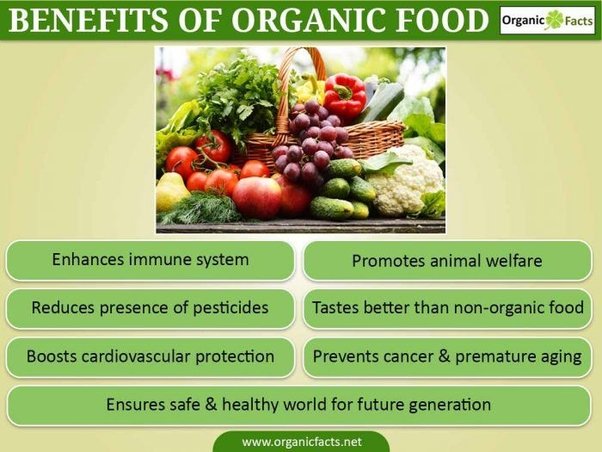 |
The Ultimate KabU Retreat Preparation EventAt Belovedsaffron.com, we are passionate about spices, herbs, recipes and organic eating and on a mission to bring you awareness about flavours from.. |
 |
Working technology in village || Organic village lifeAt Belovedsaffron.com, we are passionate about spices, herbs, recipes and organic eating and on a mission to bring you awareness about flavours from.. |
 |
A Carrot a Day Keeps the Doctor AwayCarrots can do more for your health than you might think. Learn more about the interesting benefits of carrots. The Anticancer Nutrient Researched over |
 |
OPENING THE RESTAURANT SOON | EATING ACKEE AND SALTFISHGenuinely embracing global flavours, BelovedSaffron.com invites food lovers and passionate chefs to explore a world of spices and herbs, organic food, |
 |
Is This the BEST Way to Garden in Difficult Climates?Welcome to BelovedSaffron.com, where we celebrate all the wonderful flavours of spices and herbs worldwide! We are not just chefs but food.. |
 |
Developer Of The Best Ever Organic Fertilizer Visits The Farm! Tips, Advice & Expertise GaloreAt Belovedsaffron.com, we are passionate about spices, herbs, good food and organic eating. Our mission is to bring awareness about the different.. |
 |
Cooking delicious curry by mother || Village life || Organic lifeAt Belovedsaffron.com, we believe that the key to good food and healthy eating is the proper use of spices, herbs, and other fresh ingredients. We.. |
 |
90% People Eat GARBAGE | 5 Signs your Food is ADULTERATED | SHLLOKAAt Belovedsaffron.com, we're passionate about flavours, cultures and cooking wisdom from around the world. We seek to bring you closer to sustainable |
 |
The Latest Research on Organic | The Organic CenterResearched articles about eating Organic food |
Did you miss our previous article...
https://belovedsaffron.com/organics/nut-cracker-recipes-for-a-holiday-treat
.png)





